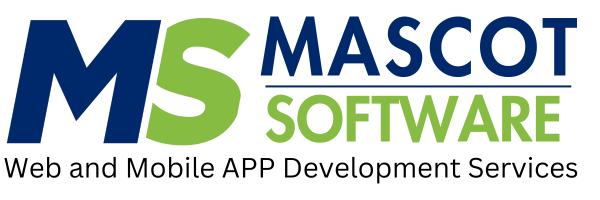
1. Laravel: The All-Rounder
Laravel has taken the PHP community by storm with its elegant syntax, expressive features, and developer-friendly experience. It offers powerful ORM (Object-Relational Mapping) with Eloquent, robust routing, built-in authentication, and a thriving ecosystem of packages. Laravel's emphasis on simplicity and developer productivity makes it a top choice for building a wide range of web applications, from simple CRUD apps to complex enterprise solutions.
2. Symfony: The Enterprise Champion
Symfony is renowned for its robust architecture, scalability, and flexibility. It provides a collection of reusable components, allowing developers to cherry-pick the ones they need for their projects. Symfony's emphasis on best practices, performance optimization, and long-term support (LTS) makes it an excellent choice for building large-scale, enterprise-grade applications. While Symfony's learning curve may be steeper compared to some other frameworks, its extensive documentation and active community support ensure a smooth development experience.
3. CodeIgniter: The Lightweight Contender
CodeIgniter is known for its lightweight footprint, simplicity, and ease of use. It offers straightforward installation and configuration, making it an excellent choice for beginners and small to medium-sized projects. CodeIgniter's small footprint and minimalistic design result in faster performance compared to some other frameworks. However, its limited built-in features may not be suitable for complex or enterprise-level applications.
4. Yii: The Performance Powerhouse
Yii (Yes, It Is!) boasts high performance, efficient caching mechanisms, and strong security features. It provides scaffolding for rapid development, easy integration with third-party libraries, and good support for building RESTful APIs. Yii's performance-oriented design makes it an ideal choice for applications with high traffic or demanding performance requirements. While Yii may have a steeper learning curve compared to some other frameworks, its performance benefits justify the investment for projects where speed is paramount.
5. CakePHP: The Convention-Driven Framework
CakePHP follows the "convention over configuration" principle, providing built-in conventions and scaffolding for rapid development. It offers features like built-in ORM, input validation, and CSRF protection, making it suitable for building a wide range of applications. CakePHP's excellent documentation and beginner-friendly approach make it an attractive choice for developers new to PHP frameworks. However, its convention-driven nature may limit flexibility compared to some other frameworks.
6. Slim: The Micro-Framework
Slim is a micro-framework designed for building simple APIs and web applications with minimalistic design and lightweight footprint. It offers middleware support, routing, and basic features required for small projects or prototyping. Slim's simplicity and ease of use make it an excellent choice for developers who prefer minimalism and flexibility. However, its limited built-in features may not be suitable for complex or large-scale applications.
Conclusion: Choosing the Right Framework
In conclusion, each PHP framework has its own set of strengths, weaknesses, and target use cases. Whether you prioritize developer productivity, performance, scalability, or simplicity, there's a PHP framework that aligns with your project requirements and development preferences. By carefully evaluating the features, documentation, community support, and performance characteristics of each framework, you can make an informed decision that sets your project up for success in the dynamic world of PHP development.

.png)




